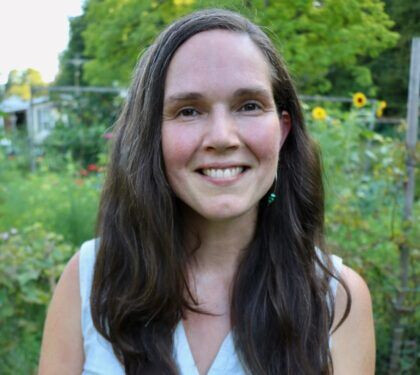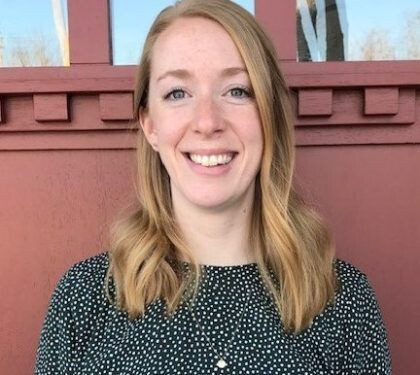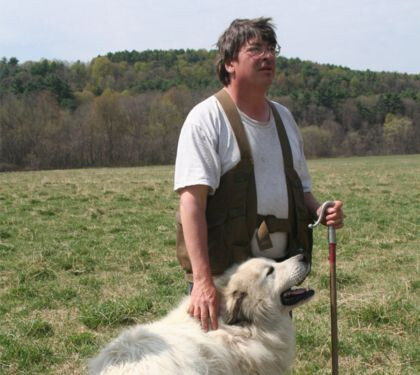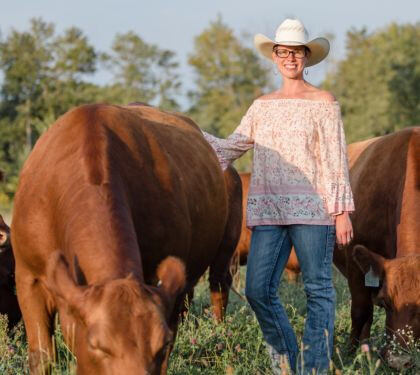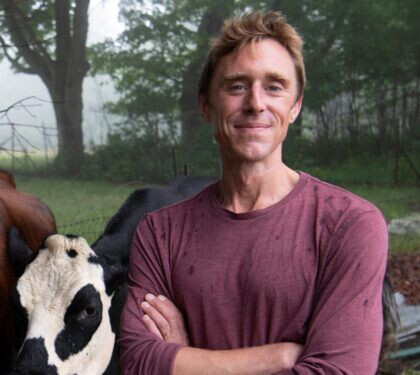Applications will be accepted from September 1 – September 26, 2025
Click here for the application
Piloting Rewards for Ecosystem Services (PRES) is a pilot program designed to compensate farmers for their contributions to carbon sequestration and emissions reductions. PRES pays participants for the modeled emissions reductions associated with the implementation of agroforestry and conservation practices. The program is designed to improve our understanding of the impact conservation decisions have on natural resources and provide additional financial support to farmers.

